Continued from Part 3
Part 1 | Part 2 | Part 3 | Part 4 | Part 5
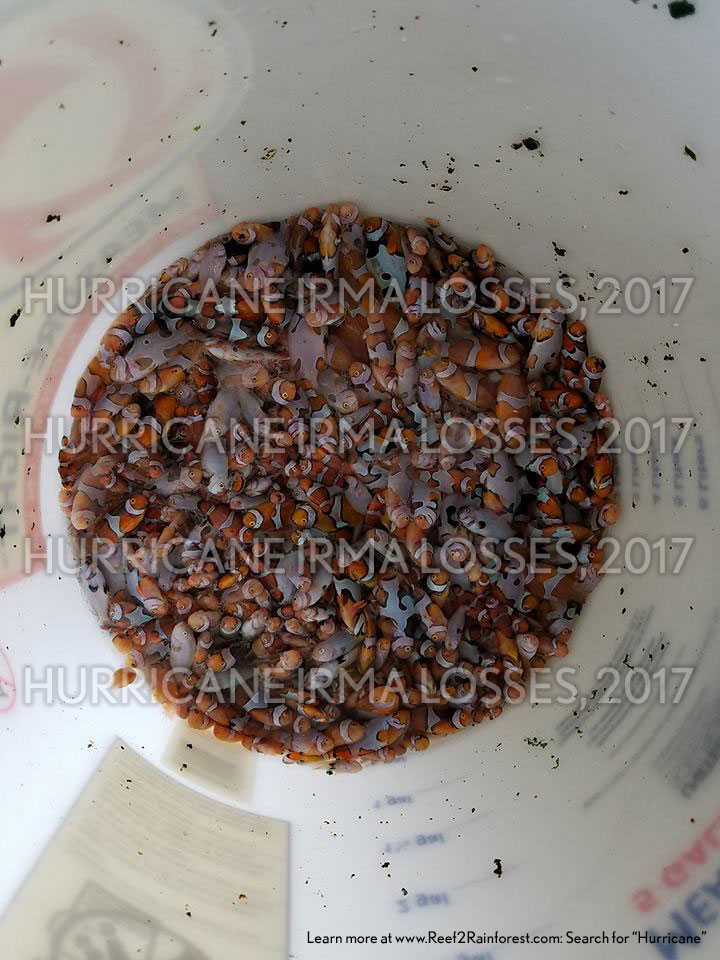
Most of the losses at Just Clownin Around were saleable-size adult fish; they reported that broodstock (which is ordinarily stocked at much lower densities) survived without incident.
Friends in Florida, continued
Just Clownin Around (JCA)
Venice, FL
Find JCA on Facebook
Status: We caught up with co-owner Rich Gaitan late Thursday night. The news was rough. “Personally, we (my partner and myself) fared well. Our business took a $30-40K loss. Unfortunately, the fish didn’t do as well as we all hoped. We lost power for too many hours and couldn’t get to the hatchery quickly enough. We are down but not out. Back to the grind; thousands of [adult clownfish] lost.”
For those reading this account, wondering, “What about a generator?”, well, there’s more to the story. JCA’s situation was not unique; evacuations, local ordinances, curfews, and at times simply the conditions prevented generators from being started until long after power was lost. With JCA, it was too late, and even then, the generators were a weak point. “We did have a generator. When the storm came through, we couldn’t exactly go outside and run it. By the time we were able to get to it, due to the storm and curfew, it was too late. Not to mention we had two generators and both failed in the midst of all this. The first died after 45 minutes of use, and after a few hours, the second one almost caught fire due to improper wiring from the factory. ”
Hard Lessons Learned: “We need to figure out a way to hard mount a generator so it can run during the storm, particularly if we are forced to leave again. More importantly, we also need to have yet another backup generator, so if one fails we still have power.”
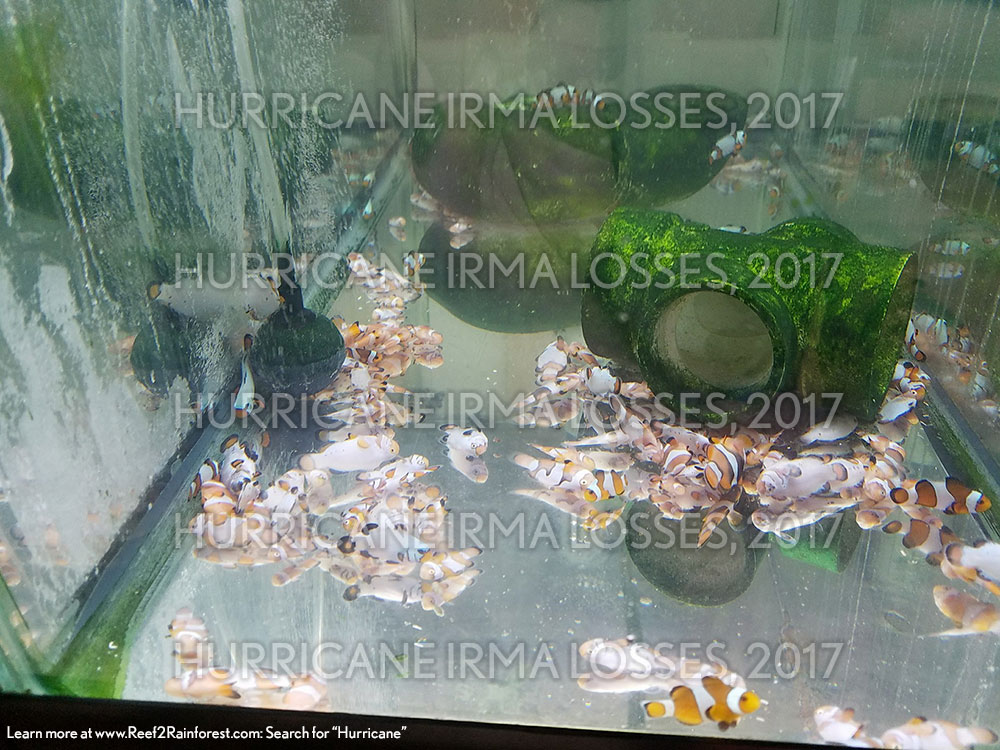
JCA shared dozens of gut-wrenching photos just like this: tank after tank of sale-sized fish lost during the initial power outage.
Image Credits: Just Clownin Around
Martin A. Moe, Jr. – Researcher & Author
Islamorada, Lower Matecumbe Key, FL
Status: Author and researcher Martin Moe’s Florida Keys lab was of great concern given the “war zone”–type accounts coming in through the mainstream media. We’re glad to report that Moe is safe, and we are happy to share his personal update sent on Wednesday evening.
“IRMA: Now there’s a four letter word for you (apologies to everyone named Irma). She came up after devastating the Caribbean islands and then wreaked carnage on the Florida Keys and most of mainland Florida as well. My little aquaculture lab, work shop, library, and domicile is in Islamorada on Lower Matecumbe Key in the hard-hit Florida Keys. Cat 5 Irma was first forecasted to be a direct hit on Islamorada, and that was not something we could ignore or belittle. We evacuated to our son Scott’s house in Deland, FL, on the east coast near Orlando. I thought the east coast was a better choice than the west coast, so, of course, Irma changed course and ran right over us. So here we are three days after Irma barreled through Deland, no AC, cold showers, no restaurants open, huge oak trees down on the roads, and much flooding. Gas stations are either closed or there is a one- to three-hour wait before reaching the pumps.
“We have heard that Lower Matecumbe on the Gulf side is relatively unscathed where we live right on the beach, but our house is old and we’re not really sure what we’ll find when we return; the ocean side of Lower Matecumbe did get hit pretty hard. Aerial photos taken two days after the storm showed significant property damage, sand covering lawns and filling pools, and downed trees. The roads are now clear, however.
“We’ll probably go back in a day or two and hope we can find a gas station that has gas with less than a 3-hour wait, and then make it down to Lower Matecumbe without spending a night in the car. It may be weeks before we get electric restored down there, and with the new sewer system requiring electric to flush the toilet, it will be primitive for a while. There won’t be internet or cell phones either for who knows how long. I’m on the internet now only due to Scott’s ability to mess with SIM cards and Google to use some other kind of network.
“The lab work on my Diadema culture project wound up last March, so I don’t have any live animals to worry about at this time, but Irma has taken a big bite out of the progress of the final report on this project, a culture manual for Diadema antillarum. In the aerial photos, I did see some damage on the roof, and it looks like the sailboat I had tied up has broken loose, so there will be a lot of work ahead of me. It seems to me that the fates that control the elements of our world could have found a better way to celebrate the event of my 80th birthday. Yeah…maybe that’s a bit egotistical, but sometimes nature gets a bit too personal.”
Proaquatix
Vero, FL
www.proaquatix.com
Status: “Proaquatix is just fine,” wrote Eric Wagner, company manager for Troutlodge Marine, on Tuesday, 9/12/17. “We had a bit more wind and rain than we expected given how far away we were from the eye, but all turned out well. Out of power and those little annoyances, but we were prepared for that.”
Seth Pierce, Director of Sales & Marketing, followed up with more on Wednesday: “We operate in a building that we built a couple years ago, rated for 175 mph winds. We have a 65kw generator that runs all of the essentials (pumps, blowers, etc). We are still on generator power and don’t expect power to return until the end of the weekend. We have 30kW of [additional] backup generators. We are shipping out fish today (both domestically and internationally).”
Lessons Learned: “We need a larger propane tank for our generator,” relayed Pierce. “1000 gallons is not enough. We plan to double or maybe triple it. Next year we will be ready for 10 days without power.”
Poma Labs
Vero Beach, FL
www.PomaLabs.com
Status: Dr. Matthew L. Wittenrich, co-founder of Poma Labs, sent us this update on the evening of Tuesday, September 12th: “I consider us extremely lucky. We were prepared for the worst with Irma, and our hearts go out to those who suffered personal and commercial losses. Hurricane Irma brought 90+ mph winds to our area, and downed trees and power lines. Our fish and our hatchery fared well. We are still operating on generator power, but plan to resume shipping and normal operations by next week.”
Past Hurricanes Helped Prep for This One: “Hurricane Matthew (just last year) left us without power for eight days and caused structural problems with our roof. As a result, we incurred some serious losses and we revamped our hurricane plan in response.”
University of Florida’s Tropical Aquaculture Lab (TAL)
Ruskin, FL
tal.ifas.ufl.edu
Status: Veterinarian Dr. Roy Yanong was one of the dedicated staff whom we watched ride out Irma on-site, ready to spring into action if need be. Wednesday evening, Yanong filed this update. “TAL was pretty much unscathed, only one or two very minor issues. We were very lucky in that Tampa Bay was on the weaker side of Irma.”
On Preparations: Yanong continued, noting that TAL might not have been as lucky: “For the level of wind and rain we received, we were well prepared. Some fish were moved to other areas in preparation. If Irma had hit us at Cat 3 or 4, I’m not sure how we would have fared; we probably would have been making different decisions, e.g., cutting the plastic on greenhouses when necessary, pumping ponds even lower.
“Tampa Bay had received so much rain prior to Irma that our ground was fairly saturated. Because the main office for the TAL used to be the NOAA National Weather Service Ruskin office (they built a new facility right next door and upgraded their equipment/computers, etc.), the building is a bunker that was designed to withstand hurricanes, and a number of us stayed there to hunker down/ride out the storm.”
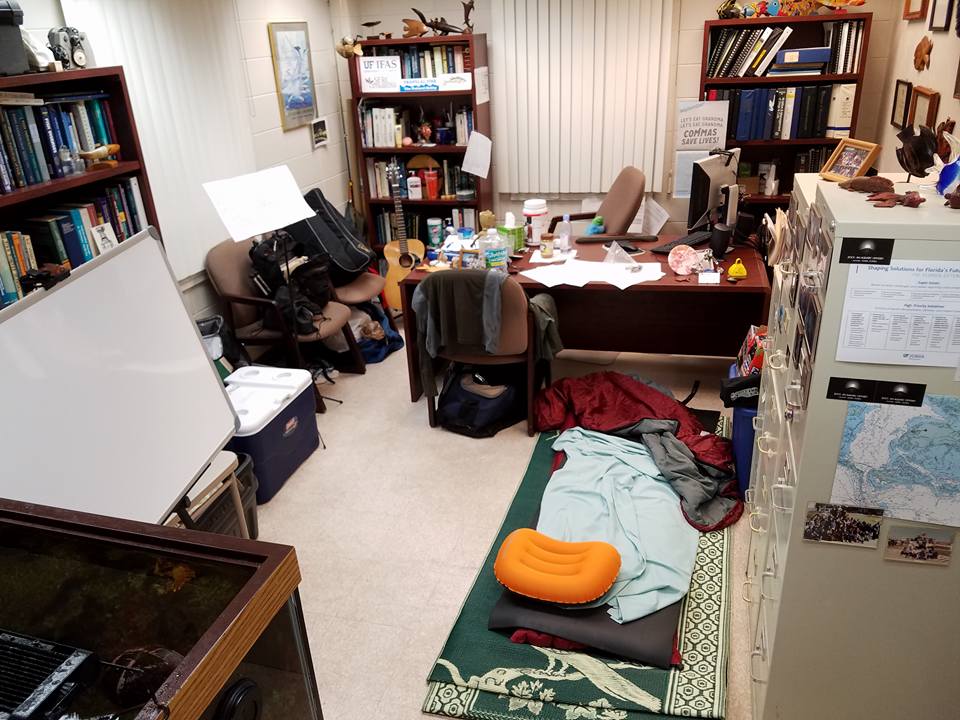
Dr. Yanong’s home away from home, keeping watch at University of Florida’s Tropical Aquaculture Lab (TAL) during Hurricane Irma.
Image Credits: Roy Yanong
Oceans, Reefs, and Aquariums (ORA)
Fort Pierce, FL
ORAfarm.com
Status: Dustin Dorton, President at ORA, called in a report while heading back into the Florida Keys on Thursday morning to help out; he noted there was still no cell service (at that time) beyond Key Largo. “The 2004 Hurricanes were absolutely devastating for ORA; entire buildings were moved, power outages lasted for a week, and then we got hit again three weeks later. We got lucky this time around. Where we were at, they were only calling for 8-10″ of rain, but we had 16” or so. We were lucky we didn’t lose anything to flooding, but that was one of the things we were getting worried about. Other than that, we lost some building awnings that got ripped off by the wind; luckily these didn’t damage any of our outdoor filtration (it’s secure, but not secure enough to withstand a hit from a 10′ X 20′ awning).
“We lost about 10% of the roof on the coral greenhouse, but that’s expected. The roof is thin-walled plastic panels which get brittle over time; we’ve lost those in routine afternoon storms. This time around, we had one shard of a panel spear right through one of our chillers, but surprisingly, it didn’t ruin the chiller; it went right between everything. Damage-wise, that’s about it.
“We did have something crazy happen: in our coral greenhouse, the shade cloth is on the inside, which both protects the shade cloth and can also serve to catch debris from a damaged roofing panel. This time around, the shade cloth was blown down, laying over our corals. As the wind whipped the shade cloth around, it acted like a dragnet, catching coral frags and flinging them all over the greenhouse, so we did lose a little bit of coral. Between that and minor losses in young fish larvae (as a result of not being fed for two days), losses were minimal.
“We got really lucky. ORA actually resumed shipping today (9/14/17).”
Power Is Crucial: “When it comes to making it through a hurricane, if you survive the wind, it’s the power outages that will get you.
“We had about 40 hours with no power, but we’re prepared for that. We keep tons of diesel fuel on hand, and everything is backed up with generators. But, despite that, the generators, no matter how you care for them, have a pretty high failure rate. So all of our generators are professionally maintained, serviced twice a year, and load tested at 100% capacity for six hours every year. But even with top-notch care, they still have a 30% chance of not working when you need them (based on our historical experience).
“This time around, a low-voltage regulator failed on one generator, and the packing building’s generator failed as well. But we have backups for the backups; our generators are wired so that we can quickly swap them for a portable 150kw generator. From a power perspective, we’re covered.”
Biota Aquariums
Fort Lauderdale, FL
BiotaAquariums.com
Status: Co-founder Kevin Gaines checked in with our Vermont office on Wednesday afternoon: “Hurricane Irma gave us sustained winds of 60-70 MPH with gusts 80-90 MPH. We are located in East Fort Lauderdale, FL; we are just west (inland) from the mandatory evacuation zone. We lost power at 8 AM on Sunday, September 10th. Still on standby generator power, going on Day 4 [9/13/17].”
Experienced Floridans Know What To Do: “Having been through many storms as a Florida native, when we started Biota two years ago we rented a concrete building that is well-elevated and has no windows. We purchased a large generator capable of running all of the electrical demands to keep the fish and corals, as well as our offices, under full temperature control.”
FishEye Aquaculture
Dade City, FL
Find Fisheye on Facebook
Status: In a call with founder and president Jonathan Foster on Thursday, he sounded relieved that the worst was likely behind him: “We’re doing well, everybody is safe, nobody is hurt. Absolutely nothing man-made on my property was damaged, so that’s good. However, there’s a big mess as far as the trees all over the place. We lost power on Sunday evening, right as the storm started firing up. It was down until Wednesday night. I thought we were prepared, and mother nature rudely advised me that I wasn’t. We haven’t experienced any major losses of fish, just a couple here and there. I have a notebook full of lessons learned, so that’s the positive for sure. That, and I still have the farm.”
Hard Lessons for a Growing Business: Foster candidly shared his growing pains from this experience. “What kind of smacked me in the face was that I expanded the facilities in the last year. I built the new building to withstand a storm of this magnitude, and it did. What I didn’t account for was the additional power consumption and backup capacity I would need for the expanded facilities, and that’s what got me. So this led to very little sleep for days, maybe three hours per day on average. The current generators we have can only run a certain amount at a time. I’d have to run one for 30 minutes, then disconnect it, then rotate in. There simply wasn’t any downtime.
“You can’t run a generator inside a building, but it also can’t get wet either. I built a shelter outside of the building for it to run. I didn’t take into account that when the winds are blowing at 90 MPH, the rain doesn’t just come down, it comes from the side, it comes up, it comes everywhere. This was not a good situation, I was having to go outdoors in the storm to reset GFCIs wearing a bicycle helmet. The problems didn’t end with the initial storm; by Tuesday, with no environmental controls, our building started having major condensation issues.
“Consider what happened in our area—a complete loss of utility infrastructure and support. We’re now in a FEMA disaster zone. I planned on hurricanes; Tampa was spared, but anything east, rural, was hit hard. I realized now that I didn’t prepare for the worst. You still have to keep the fish alive. If you’re in the cone of uncertainty, be ready. We lost the ability to track the storm, and while it was initially forecast to be offshore to the west, as it turns out, the eye of Irma went right over our facility.
“I’m aware of a freshwater fish farmer in the area who was very well prepared. They had sufficient generator capacity and had drained their fish ponds down 2 feet to accommodate all the anticipated rain. Their preparation paid off big dividends this week; they were one of the only people able to sell fish today, which proved to be an unexpected financial boost.
“Having lived in Florida for over 30 years, I consider myself lucky to have not weathered a hurricane until now, but this one literally impacted everyone in the state, no matter what coast you were on. Verizon has offered everyone in disaster areas free data, free coverage, until the 19th, to facilitate communications; they even set up extra towers. The gas shortages were surprising; any station that had fuel and the energy to pump it had a line. I found it rather funny that people were freaking out about bottled water; I don’t know why people can’t just bottle up water from their tap and save it before a storm – everyone acted like their kitchen faucets quit working a week before the storm. That said, things are becoming easier and getting back online.
“We could ship out fish starting today, but with the stress they just went through, we’re going to hold onto them for a little bit to makes sure they really made it through. If everybody is looking good next week, fish will be heading out.”
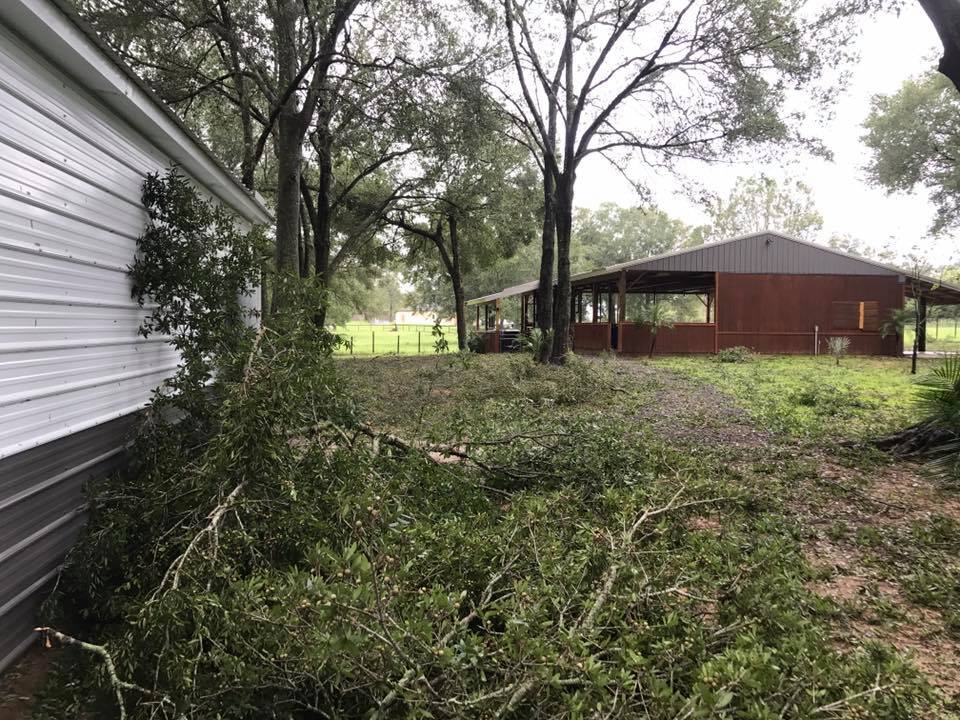
Debris abounds, but the buildings on the FishEye Aquaculture property were structurally sound on Monday morning after Irma had passed.
Image Credits: Jonathan Foster, Fisheye Aquaculture
You can find any of the installments of this report at the links below. We may be updating these accounts as new information comes in.
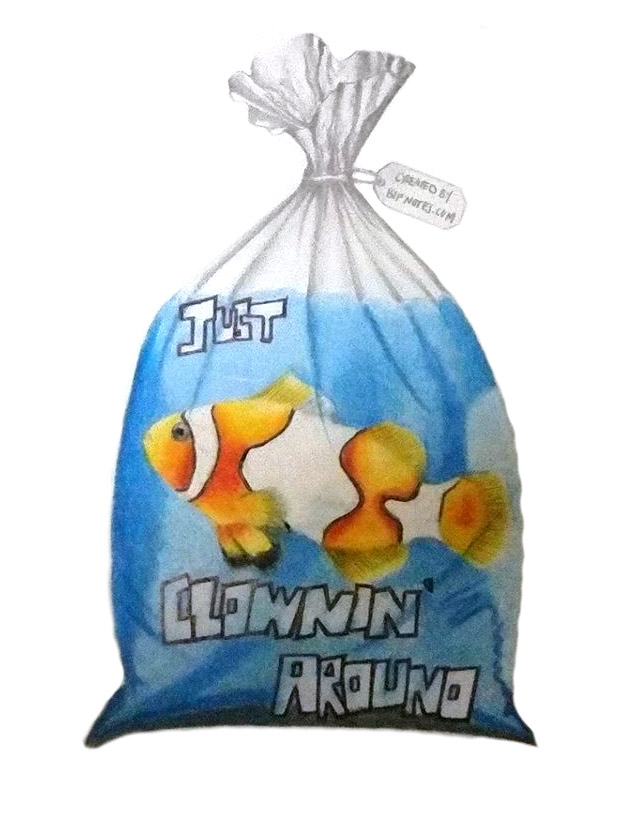
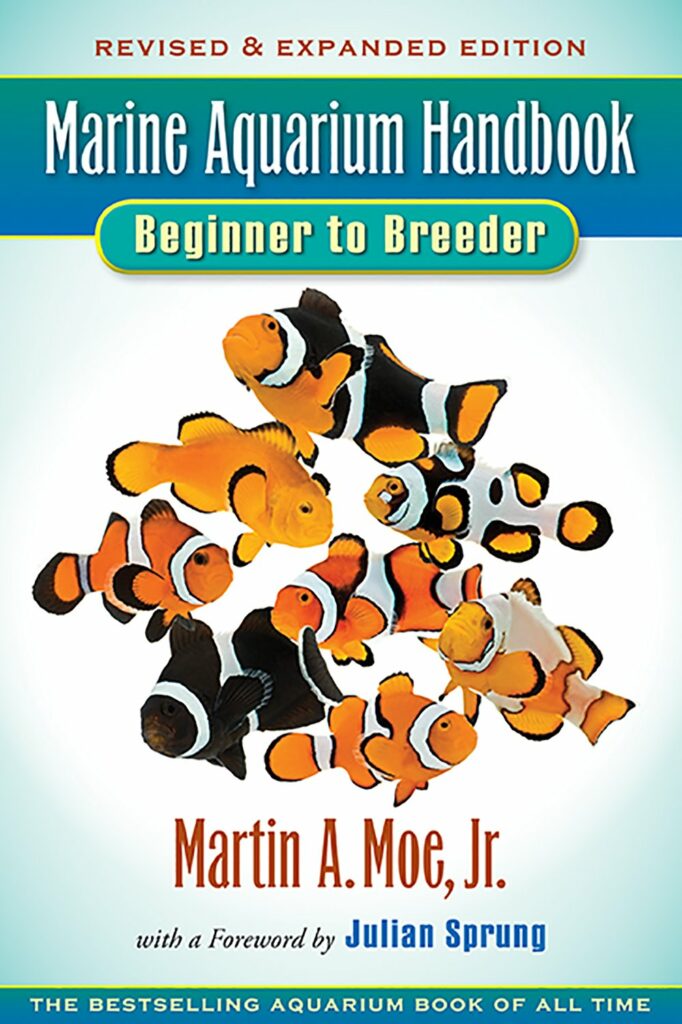


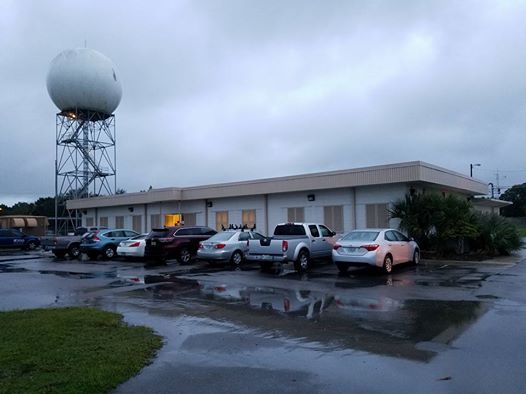


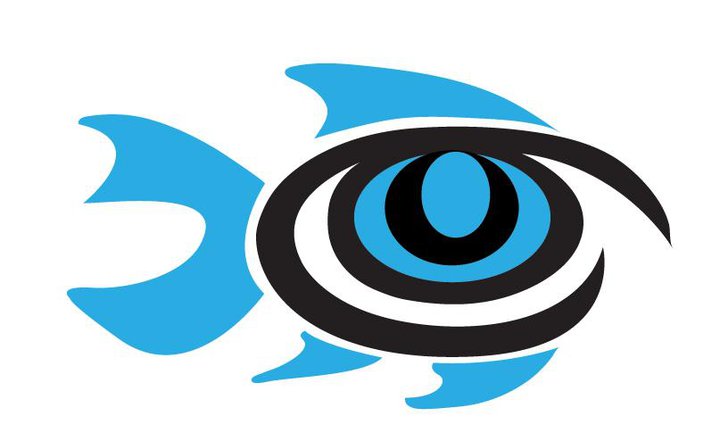





Great public service to community . Totally timely. Great job , Matt Pedersen
Thank you